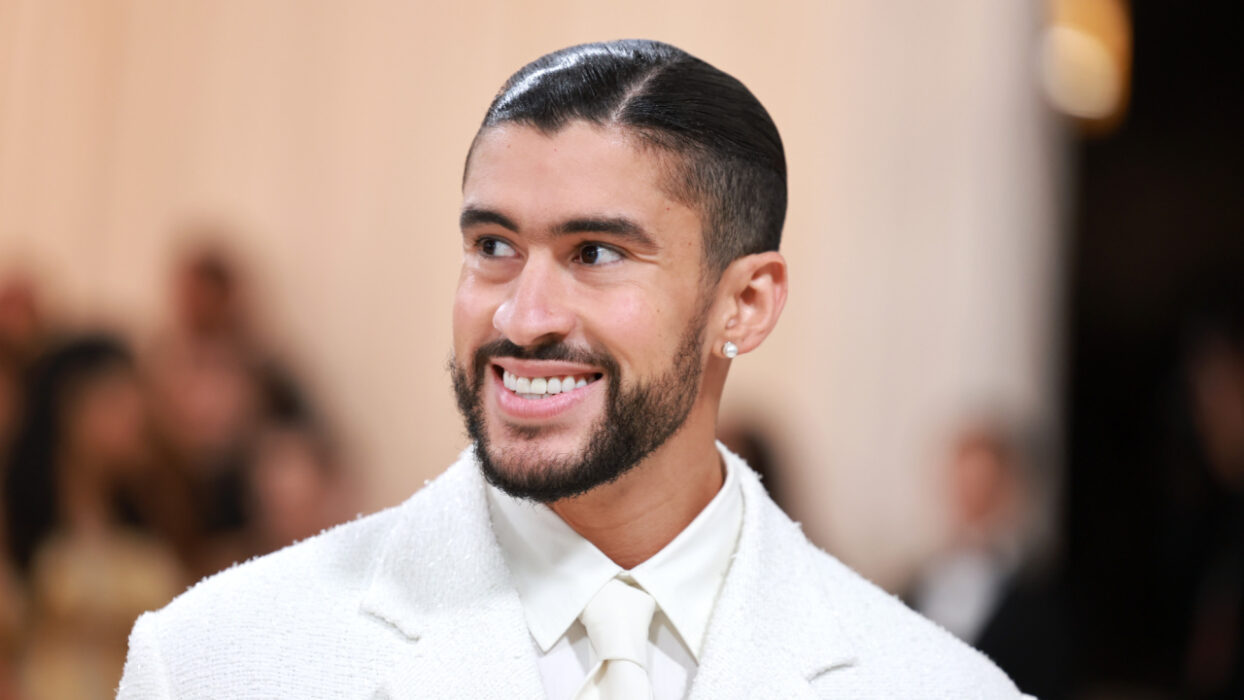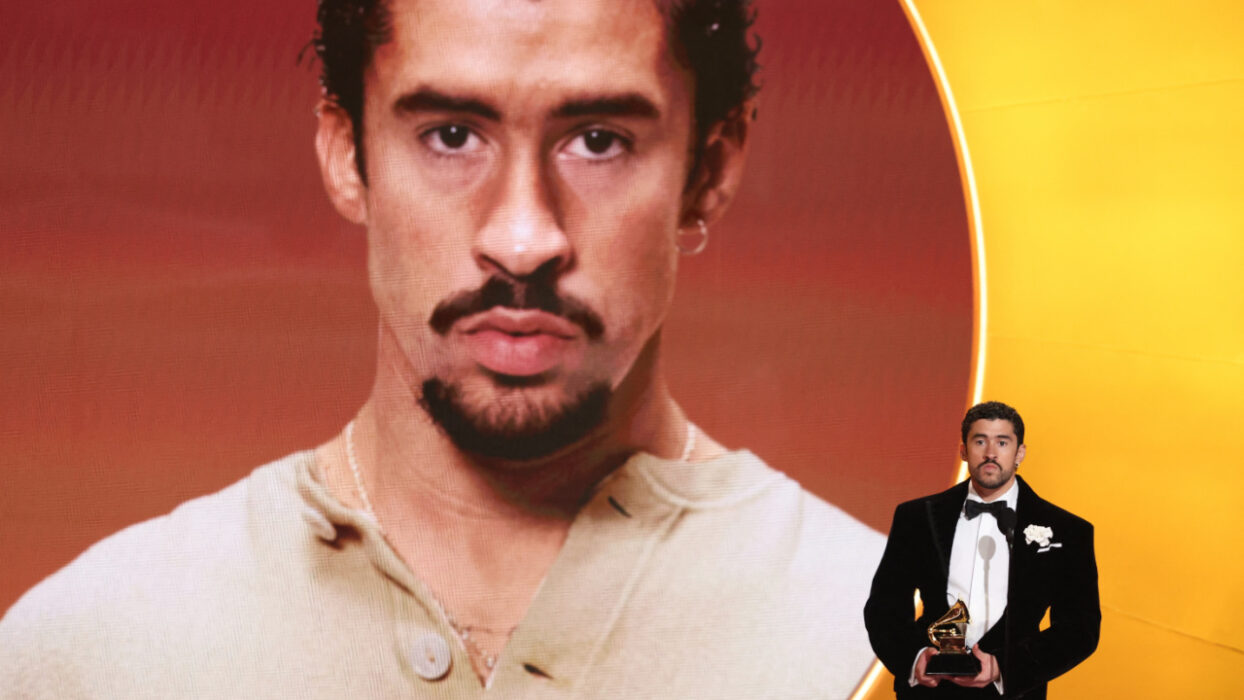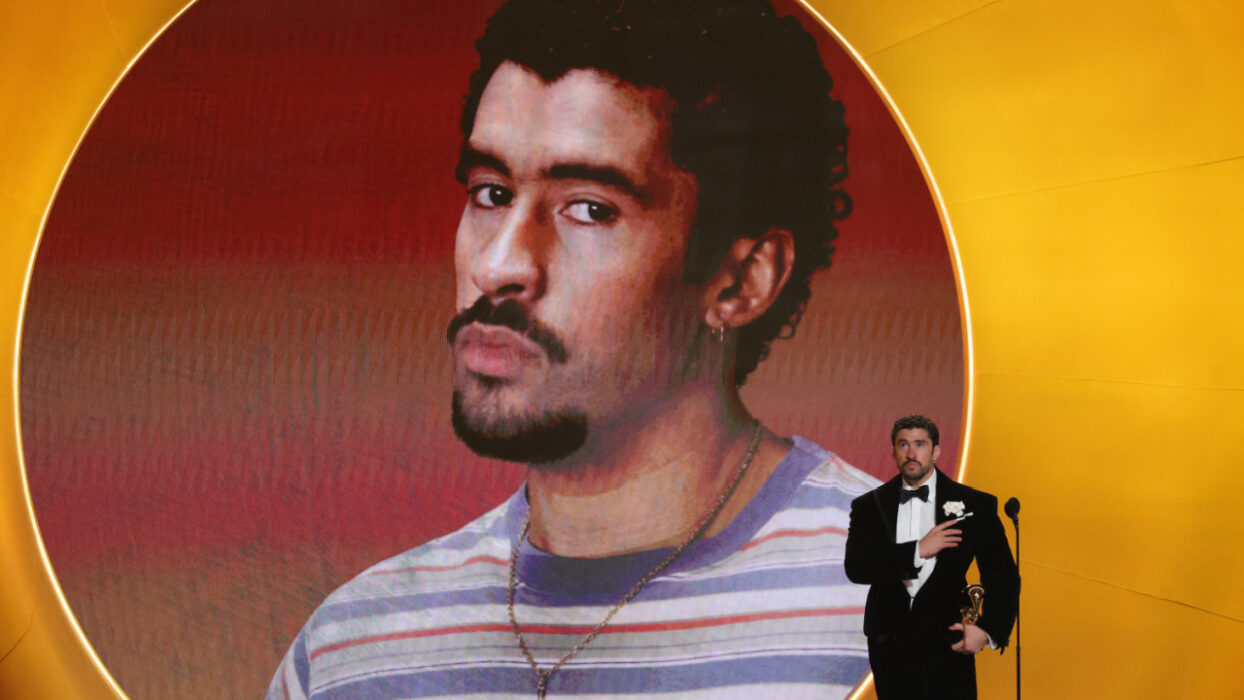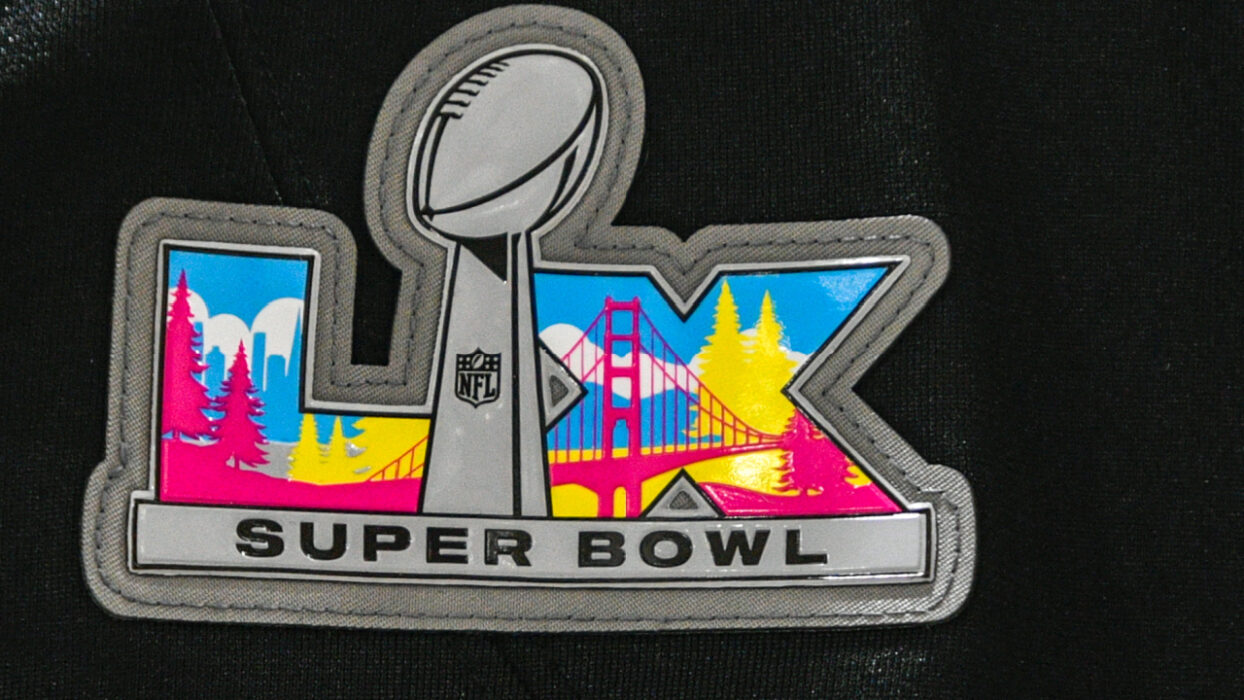
The Rise of the Rainbow Coalition Is Reignited in ‘Judas and the Black Messiah’
At the dawn of Black History Month the timely release of “Judas and the Black Messiah” echoed the cries of injustice following a summer of civil unrest. In what was considered the largest multicultural protest of the 21st century, the words of Deputy Chairman Fred Hampton ferociously chanting “I AM…A REVOLUTIONARY!” continue to resonate.
The timely Civil Rights film, available to stream on HBO Max, follows the life and betrayal of The Illinois Black Panther Chairman (played by Daniel Kaluuya) at the hands of a party member and FBI informant William “Bill” O’Neal (played by Lakeith Stanfield). Kaluuya’s captivating performance as the charismatic Hampton received widespread acclaim and his first Golden Globe win for Best Supporting Actor in a Motion Picture.
For some audience members, this film will be their first introduction to Chairman Fred Hampton and an extension of the Black Panther Party. While the film is relatively accurate, the brief inclusion of the original Rainbow Coalition is pertinent to Hampton’s legacy. You can see its relation to the rise in multicultural youth-driven activism we see today.
In February 1969, Hampton and other Panther members met with Young Lords leader José “Cha-Cha” Jimenez after the Puerto Rican street organization shut themselves in the 18th District police station. The protest was calling attention to the police harassment of Latinx residents in Chicago’s Lincoln Park.
The Young Lords started as a turf gang in Chicago’s Lincoln Park neighborhood in 1960. By 1968, the Young Lords became a Civil Rights organization. The Illinois chapter and Young Lords formed the original Rainbow Coalition in April 1969. Jimenez referred to the coalition as a “poor people’s army” in an interview with Southside Weekly. Shortly after, the coalition grew to include the Young Patriots Organization a white, southern working-class group from Northern Chicago.
The Rainbow Coalition fought against police brutality and institutional racism in Chicago while working to uplift their local communities. The organization, consisting of people in their teens and early 20s, offered free breakfast programs and child daycare centers funded by donations from local businesses.
“It is impossible to make revolutionary change without the people,” Jimenez said in an interview with FightBack! News on the 50th anniversary of the coalition’s foundation.
“The Rainbow Coalition was more than just a gang of activists or folks trying to gain one or two small victories,” he told FightBack! News. “Each of our groups were already small revolutionary armies connected to the people’s struggle and trying to create a People’s Army to win the battle.”
Hampton and Jimenez were both sent to solitary confinement at Cook County Jail for their activism. In another incident noted in the film, Hampton was once sentenced after taking ice cream pops from an ice cream truck to pass out to neighborhood kids.
Supporters claim that it is a consequence of their street organizing and a threat to government authority for their Marxist-Leninist views.
The tension between the Chicago Police Department and the Black Panthers failed to cease, and the FBI was closing in on silencing Hampton. On December 4, 1969, the Cook County’s State Attorney Edward V. Hanrahan conducted an overnight raid on Hampton’s apartment with a warrant to search for illegal weapons.
Police barraged into Hampton’s apartment shooting gunfire wounding several Black Panthers and killing Black Panther security chief Mark Clark. Hampton was asleep in his bedroom next to his pregnant fiancée Deborah Johnson (who now goes by Akua Njeri) when he was struck by the gunfire, killing him.
Hampton was 21 at the time of his death.
The assassination of Fred Hampton left Coalition members distraught and fearful for their own lives as leadership slowly diminished. By 1973, the Rainbow Coalition had officially disbanded.
The embodiment of radicalized thought, in a sea of young revolutionaries, adorning their berets of black and purple. The roars of unapologetic protest against racism persisted and the legacy of youth-driven advocacy for the unified equity of all peoples vehemently lives on.
“Ours is not about individuals but a people’s struggle led by the common folk,” Jimenez said to FightBack! News. “Ours is a protracted struggle that will take years and we must prepare ourselves for the long run via structured community programs specific to the revolution.”




